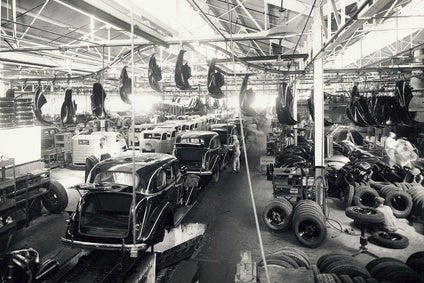
For the so-called 'Big 4' here in Brazil – Fiat, Ford, GM and VW – the current tough market conditions are even more difficult. They are losing sales at a faster pace than the overall domestic market downturn.
Last April, their combined market share fell below 60% for the first time, to 59.6%, to be precise. In June, this dipped even lower to 55.9% but recovered somewhat last month to 57.5%.

Discover B2B Marketing That Performs
Combine business intelligence and editorial excellence to reach engaged professionals across 36 leading media platforms.
JATO Dynamics' Brazilian unit reckons the four oldest automakers now account for only half of their market on a revenue basis. This is because the average retail prices of their models are lower than newcomers'.
Toyota, Honda, Mitsubishi and Citroën, for example, do not offer any model with a one-litre/61 cu in engine, on which sales tax is somewhat lower and the segment represents nearly 35% of car, crossover and SUV sales.
The premium segment (essentially German brands) combined achieved 18% growth this year while the market as a whole dropped a shade more than 20% year to date July.
Since the beginning of the year, confirmed planned spending on research centres, engine plants, increasing local content and product renewal has totalled BRL8bn/US$2.3bn.
It is worth mentioning 80% of that considerable sum is coming from just one Brazilian auto industry pioneer, GM, which will practically renew its entire line-up of light vehicles within the next four years.
Despite this, the Brazilian subsidiary will lose to Argentina production of the Cruze hatchback and saloon, its most valued car products.






